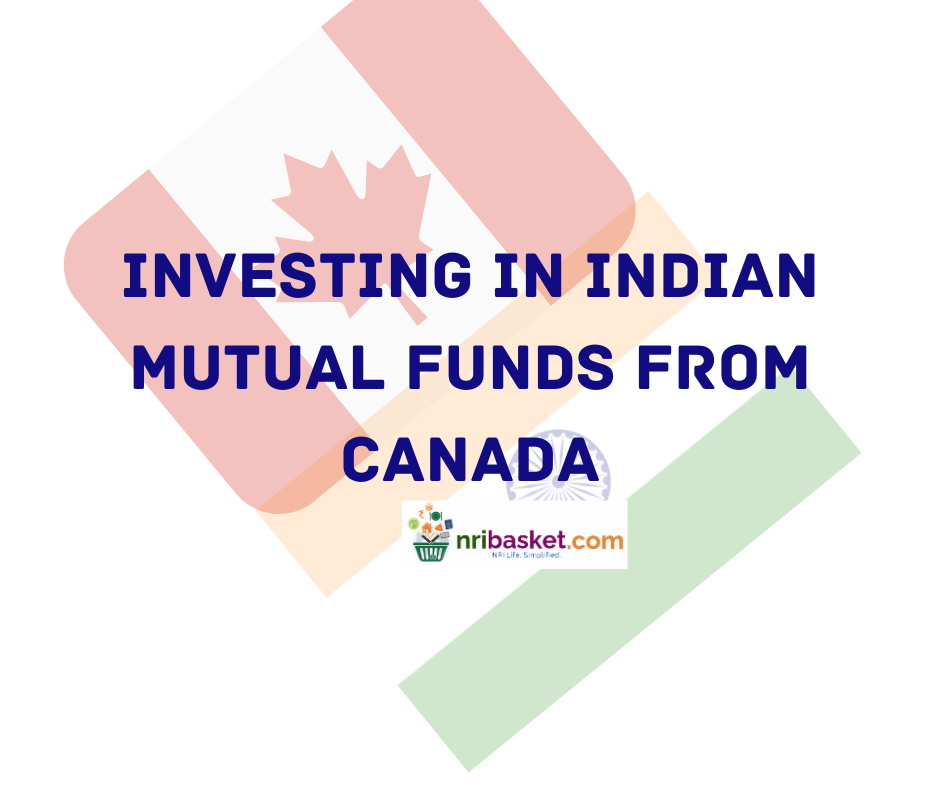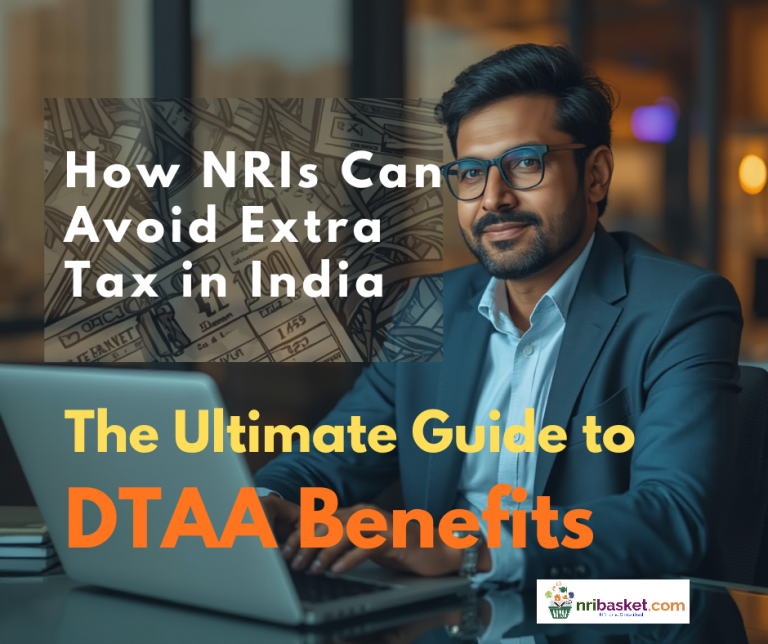
INVETING IN INDIA FROM CANANDA
Investing in Indian Mutual Funds from Canada: Regulatory Hurdles and Solutions
Many Non-Resident Indians (NRIs) living in Canada want to buy Indian mutual funds from Canada to stay connected with India’s fast-growing market. However, complex rules under SEBI, RBI, and FATCA often make this process confusing.
This detailed FAQ guide simplifies everything — from SEBI rules for Canadian NRIs mutual fund investments to the practical steps needed for KYC, FATCA compliance, taxation, and repatriation. Whether you’re a first-time investor or a returning NRI, these answers will help you navigate the regulatory hurdles and find safe, legal, and profitable ways to invest in Indian mutual funds while living in Canada.
Long Answer: Canadians cannot invest directly through local Canadian institutions. However, they can invest through NRE/NRO accounts in India with AMCs that allow NRI investments under SEBI guidelines. Some Indian fund houses restrict investments from Canada due to FATCA compliance.
Long Answer: SEBI (Securities and Exchange Board of India) permits NRI investments, but mutual fund houses must comply with FATCA and PMLA regulations. Some AMCs have paused accepting Canadian investors to avoid additional reporting obligations.
Long Answer: The Foreign Account Tax Compliance Act (FATCA) requires detailed reporting for Canadian and U.S. investors. Many Indian AMCs find it complex to meet these standards, so they restrict investors from these countries.
Long Answer: Only select fund houses permit investments from Canadian residents under specific conditions. Investors must check each AMC’s NRI investment policy and may need to submit extra compliance forms.
Long Answer: Many Indian AMCs and fintech platforms offer online mutual fund investment services for NRIs. To use them, you’ll need an NRE or NRO account, Indian KYC, and may have to complete FATCA declarations.
Long Answer: Investments must come from an NRE or NRO account linked to your PAN and KYC. NRE accounts are ideal for repatriable investments, while NRO accounts are suitable for income earned in India.
Long Answer: FATCA (Foreign Account Tax Compliance Act) requires investors to declare Canadian tax residency. Mutual funds must report your investment details to Indian and Canadian authorities for transparency.
Long Answer: SEBI mandates KYC for all investors, including NRIs. You’ll need to submit proof of identity, address, PAN, and FATCA declarations through a registered KYC agency or AMC branch.
Long Answer: NRIs from Canada can invest jointly with residents or other NRIs. However, the first holder’s residency and compliance status determine taxation and reporting.
Long Answer: You can use your overseas address for KYC verification. It must match your proof of residence, such as a Canadian utility bill, driving license, or passport address.
Long Answer: Redemption and dividends are freely repatriable if you invested through an NRE account. For NRO investments, repatriation is limited to USD 1 million per financial year under RBI rules.
Long Answer: Capital gains are taxed in India based on the fund type and holding period. Canada also taxes global income, so you must report the same investment under Canadian tax laws to avoid double taxation using DTAA.
Long Answer: The Double Taxation Avoidance Agreement ensures Canadian NRIs don’t pay tax twice on the same income. You can claim tax credits in Canada for taxes paid in India on mutual fund gains.
Long Answer: Systematic Investment Plans (SIPs) are allowed if the AMC accepts Canadian investors. You can set up automatic transfers from your NRE/NRO account for monthly SIPs.
Long Answer: You can invest in ELSS mutual funds if allowed by the AMC, but the Indian Section 80C tax benefit applies only in India, not under Canadian taxation laws.
Long Answer: Apps like Kuvera NRI, SBNRI, and NRI-specific portals from AMCs allow online investments. Ensure they support Canadian residents, as not all do.
Long Answer: The Reserve Bank of India allows NRIs to invest under FEMA rules, but transactions must route through NRE/NRO accounts, with full KYC and tax compliance.
Long Answer: Many AMCs offer online KYC for NRIs using video verification or notarized document submission by Indian Embassy or global attestation services.
Long Answer: You can nominate any resident or NRI family member to receive your investment proceeds in case of your demise. This simplifies claim settlement.
Long Answer: Canadian NRIs can switch between schemes offered by the same AMC through online portals or written requests. Tax implications may apply on redemption.
Long Answer: You’ll need a valid PAN card, Indian bank account (NRE/NRO), KYC documents, and FATCA declaration. Some AMCs may ask for additional self-declaration forms.
Long Answer: NRIs can authorize someone in India via PoA to manage investments. The PoA document must be notarized and registered with the AMC or registrar.
Long Answer: You can redeem units anytime using AMC’s online portal. Proceeds are credited to your registered NRE/NRO account in India and can be repatriated as per rules.
Long Answer: Once you return to India permanently, you must convert your NRI accounts to resident status and update KYC to reflect the change in residency before new investments.
Long Answer: The minimum investment amount is generally the same for residents and NRIs, typically ₹500 for SIPs or ₹1,000 for lump-sum, depending on the scheme.
Long Answer: The Canada Revenue Agency (CRA) requires disclosure of all foreign investments exceeding CAD 100,000 on Form T1135. Non-reporting can attract penalties.
Long Answer: Investments must be made through your own NRE/NRO account and PAN. Using another person’s account may breach SEBI and FEMA regulations.
Long Answer: NRIs can invest in Indian ETFs and index funds through approved AMCs. However, ensure the chosen AMC accepts Canadian investors and meets FATCA norms.
Long Answer: Any violation of SEBI or FEMA rules, such as using unapproved channels or non-disclosure, can result in penalties and loss of repatriation benefits.
Long Answer: The best approach is to invest directly via SEBI-registered AMCs, NRI portals, or reputed banks offering NRI services. Always ensure FATCA, KYC, and tax compliance to stay safe and compliant.




